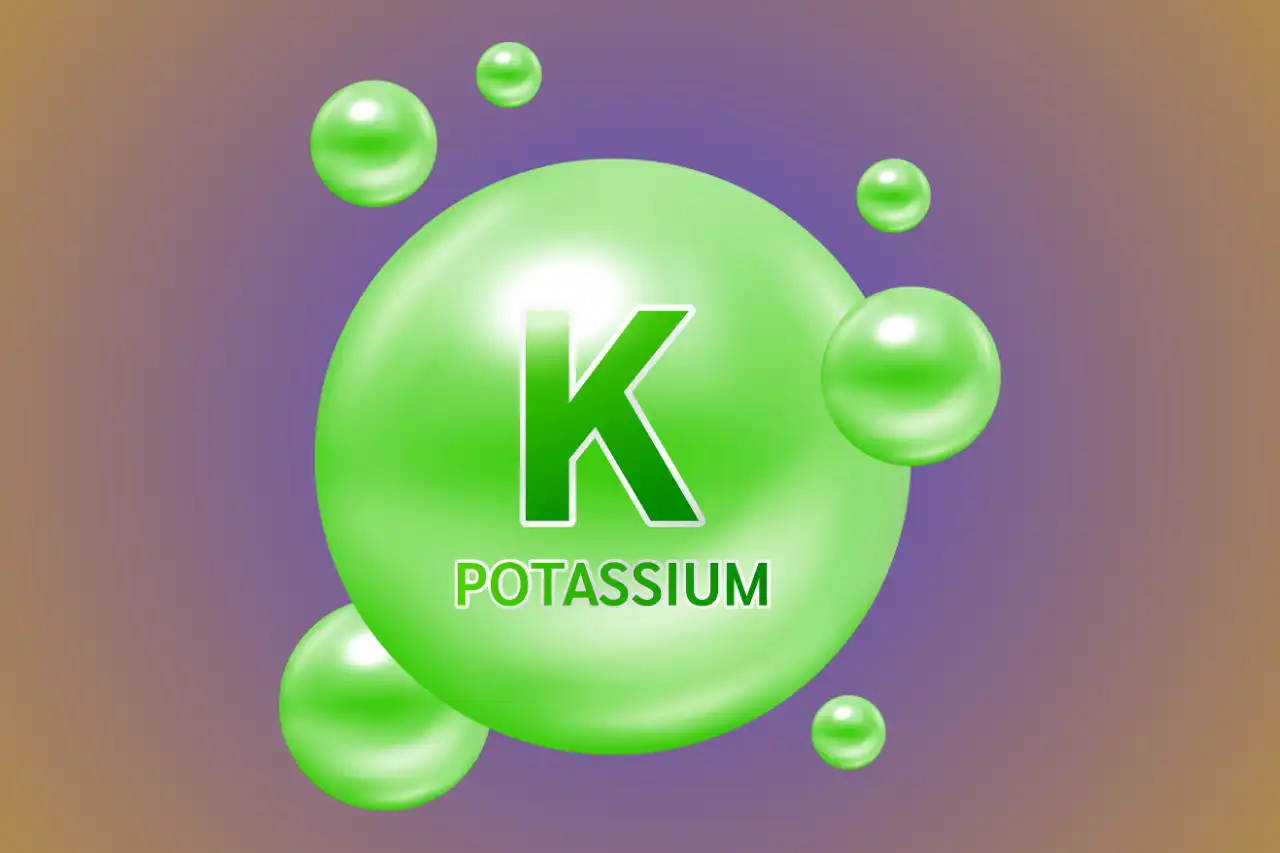-: CALCIUM :-
CALCIUM:- THE SILENT STRENGTH BEHIND STRONG BONES, STEADY HEARTS, AND SHARP MINDS..!!!
Calcium is an essential mineral that plays a key role in supporting overall health.While it is best known for its role in strengthening bones and teeth, calcium is also essential for muscle function, nerve signaling, blood clotting, and heart health. The human body stores about 99% of its calcium in bones and teeth, with the remaining 1% circulating in the blood and soft tissues.
Daily Requirements
Men
- Teens (9-18 years) – 1,300 mg per day.
- Men (51-70 years) – 1,000 mg per day.
- Men (71+ years) – 1,200 mg per day.
Women
- Pregnant / Breastfeeding women – (1,000-1,300 mg) per day.
- Women (51+ years) – 1,200 mg per day.
Children
- Infants (0-12 months) :- (200-260 mg) per day.
- Children (1-8 years) :- (700-1,000 mg) per day.
Function on different Organ
- Bones and Teeth
Details
Calcium is the key building block of bones and teeth, making them strong and durable.
It helps in bone formation during childhood, maintains bone density in adulthood, and slows down bone loss with aging.
- Muscles
Details
Calcium plays a crucial role in our muscle contraction and relaxation.When a muscle receives a signal to contract, calcium is released inside the muscle cells to enable movement. It is then reabsorbed to allow relaxation.
- Nervous System
Details
It is essential for transmitting our nerve signals. Nerve cells use calcium to send messages between the brain and the rest of the body. It helps in reflexes, cognitive function, and emotional stability.
- Heart and Circulatory System
Details
Calcium helps to regulate heartbeat and maintain healthy blood circulation.
It plays a role in the contraction and relaxation of the heart muscles and helps blood vessels expand and contract to control blood pressure.
- Blood Clotting
Details
It’s essential for proper blood clotting.When a blood vessel is injured, calcium helps activate clotting factors to stop bleeding and initiate healing.
- Endocrine System (Hormone Regulation)
Details
Calcium helps to regulate our hormone secretion.It supports glands like the parathyroid and thyroid in controlling calcium balance in the body. It also helps in insulin release, which regulates blood sugar levels.
- Cell Function and Enzyme Activation
Details
Calcium plays a vital role in various cellular functions and enzyme activation. It helps enzymes to work efficiently in our digestion, energy production, and DNA synthesis.
Symptoms incase of Deficiency
- Hypocalcemia.
- Mild Deficiency Symptoms:-
- Muscle cramps and spasms.
- Brittle nails and weak bones(Rickets in children and Osteomalacia in adults).
- Fatigue and weakness.
- Numbness or tingling in fingers.
- Dental problems like cavities.
- Severe Deficiency Symptoms:-
- Osteoporosis (fragile bones).
- Frequent fractures.
- Memory loss and confusion.
- Heart palpitations.
- Increased risk of depression and anxiety.
Diagnosis
To check for calcium levels in the body, doctors usually recommend:-
- Serum Calcium Test
Details
Serum Calcium Test measures the total amount of calcium in the blood.
- Ionized Calcium Test
Details
Ionized Calcium Test measures the active form of calcium in the blood.
- Bone Density Test (DEXA scan)
Details
DEXA scan helps to determine your bone strength in case of suspected osteoporosis.
Food Sources
Veg Sources
- Leafy Greens
- Spinach.
- Moringa leaves.
- Kale.
- Collard greens.
- Turnip
- Chinese cabbage (Bok Choi).
- Seeds and Nuts
- Almonds.
- Sesame seeds.
- Chia seeds.
- Mustard.
- Legumes
- Chickpeas.
- Lentils.
- Soybeans.
- Fruits
- Oranges.
- Figs.
- Fortified Foods
- Tofu.
- Plant-based milk (almond, soy, oat).
Non-Veg Sources
- Fish (with bones)
- Salmon.
- Sardines.
- Shellfish
- Shrimp.
- Oysters.
- Dairy Products
- Milk.
- Cheese.
- Curd.
- Yogurt.
- Organ Meats
- Liver.
- Eggs
- Egg yolk contains small amounts of calcium.
What if Overconsumption
The upper safe limit of calcium intake is 2,500 mg/day for adults and 2,000 mg/day for older adults.
Excess calcium intake(Also called hypercalcemia), usually from supplements, can lead to:-
- Kidney stones.
- Constipation.
- Nausea and vomiting.
- Abnormal heart rhythms.
- Shortness of breath.
- Chest pain.
- Impaired absorption of other minerals like iron and zinc.
- Calcium deposits in arteries (which may increase heart disease risk).
Calcium is truly a cornerstone of health, supporting bones, muscles, nerves, and the heart. However, both deficiency and overconsumption can lead to serious health issues. The best approach is to maintain a balanced diet rich in natural calcium sources and get enough vitamin D to aid calcium absorption. If you suspect a deficiency or excess, consult a doctor and get tested.
Strong bones, a healthy heart, and a sharp mind—all start with the right calcium intake..!!!












